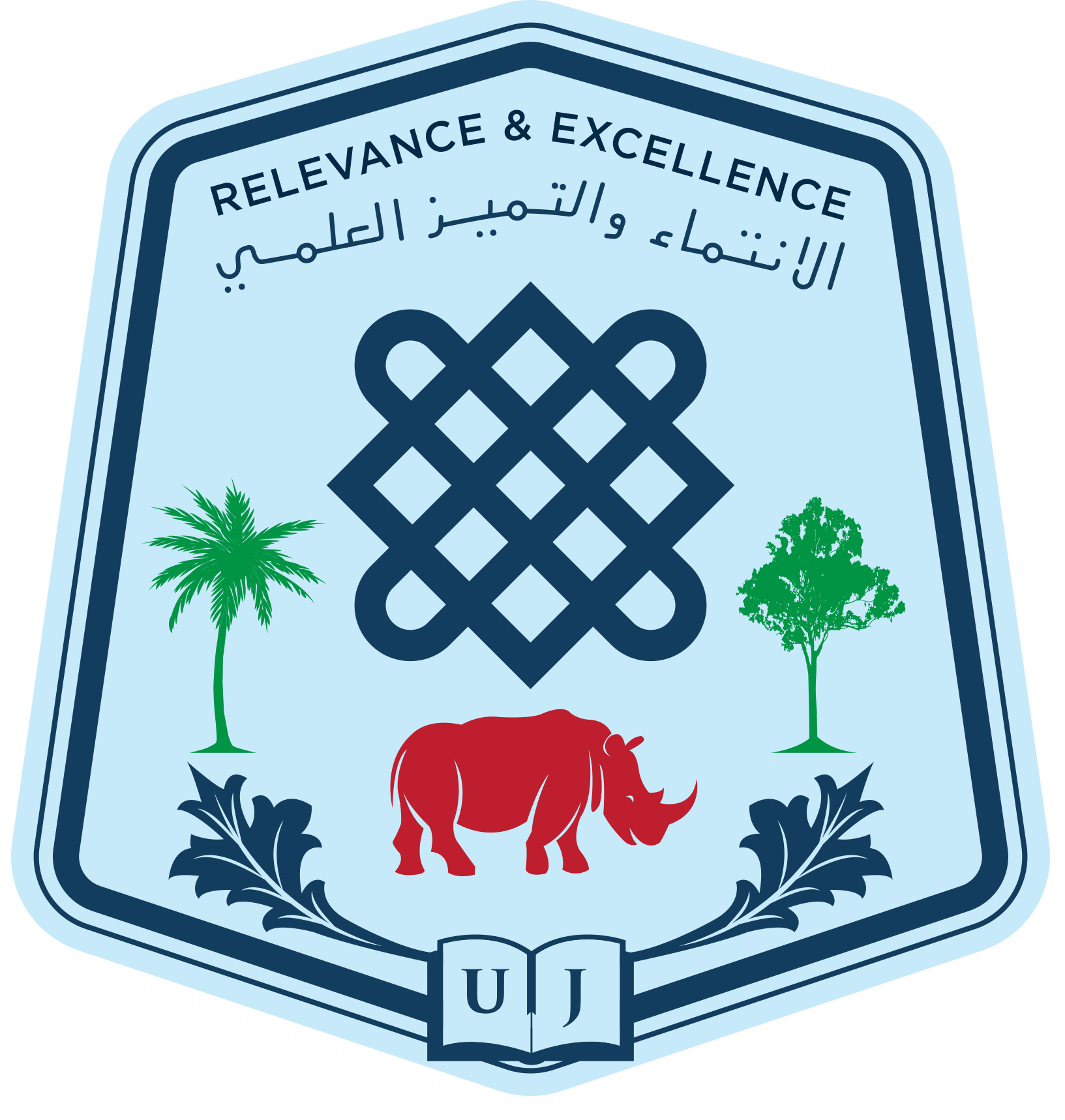Lako et al.,
Abstract
This review paper focuses on knowledge, skill, practices, benefits, and experiences pertaining to use of plants as medicinal aids to help, prevent or treat physical and mental illnesses in human in African continent especially South Sudan. Attitudes towards traditional medicine vary strongly with the tradition and cultures of the people and this has raised a serious confusion between herbal medicine and witchcraft. Millions of Africans and South Sudanese in particular prefer treatment and use of medicinal plant products made from indigenous plants, because it represents an important source of affordable medicine as well as sources of income for rural communities. 25% of the world medicinal plants are found in the African continent, but only 8% are used because information is transferred verbally from generation to generation and much is not unknown. The set back is due to lack of proof that medicinal plants are useful, safe and effective and can be used as alternative medicine. Many plants species are likely to become extinct as well as endangered as population increases demand also increases, giving greater pressure on medicinal plants. As a result, 50% of medicinal plants worldwide are threatened with extinction due to rampant exploration. Traditional herbal medicines are identified and produced by traditional medicinal practitioners in Africa. Many herbs grown in South Sudan and in African continent have valuable medical properties but traditional methods used have many disadvantages that can be corrected and developed to make them effective, stable and reproductive through the methods of scientific research.
Keywords: Medicinal plants; Alternate Medicine; African Continent; South Sudan
Download the PDF Diversity and distribution of medicinal plants in the republic of South Sudan
